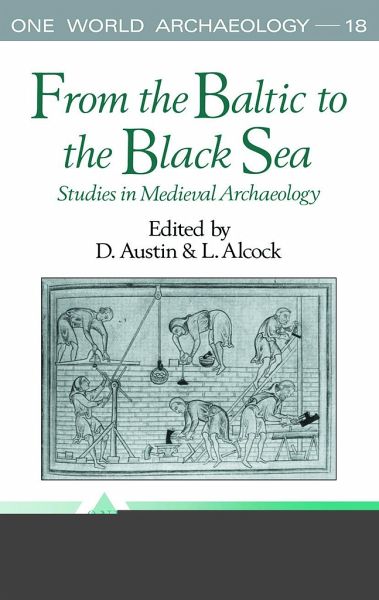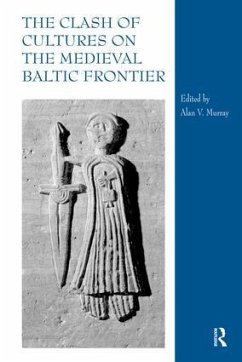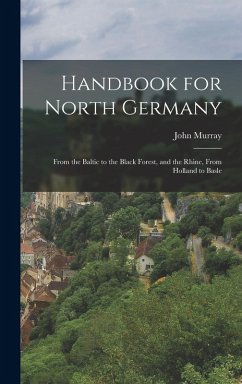
From the Baltic to the Black Sea
Studies in Medieval Archaeology
Herausgeber: Alcock, Leslie; Austin, David
Versandkostenfrei!
Versandfertig in 1-2 Wochen
169,99 €
inkl. MwSt.
Weitere Ausgaben:

PAYBACK Punkte
85 °P sammeln!
Offers a rare insight into the closed world of medieval Eastern Europe and opens up a neglected archaeological tradition to English-speaking readers. Sections focus on early European ethnic formations and states, the demography of medieval populations and the nature of rural settlement and urban development. The book challenges the intellectual assumptions of medieval archaeology and questions its relationship to history and prehistory. It exposes the limitations of a strictly empirical approach to studying the period when written history began and the early medieval states emerged.
From the Baltic to the Black Sea offers a rare insight into the closed world of medieval Eastern Europe and opens up a neglected archaeological tradition to English-speaking readers.














